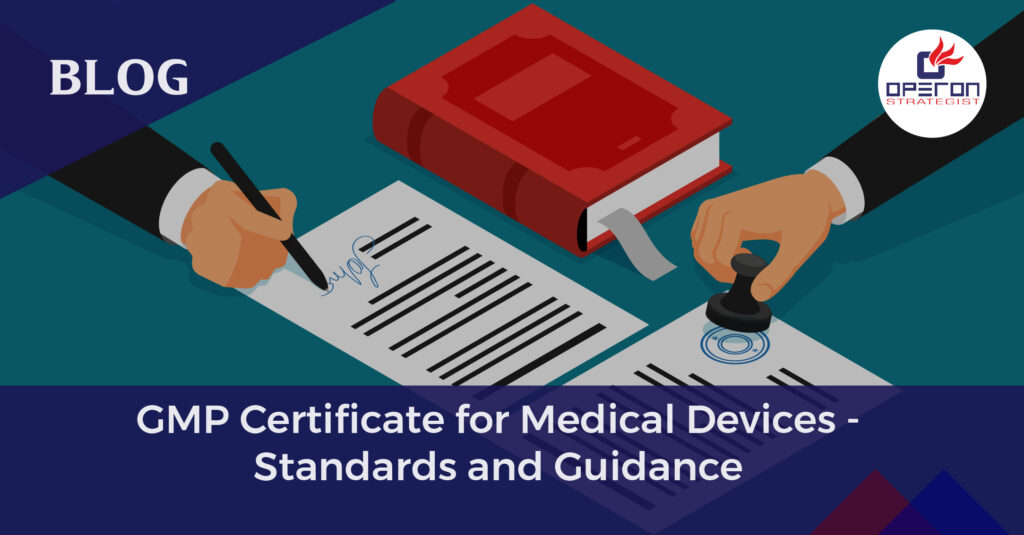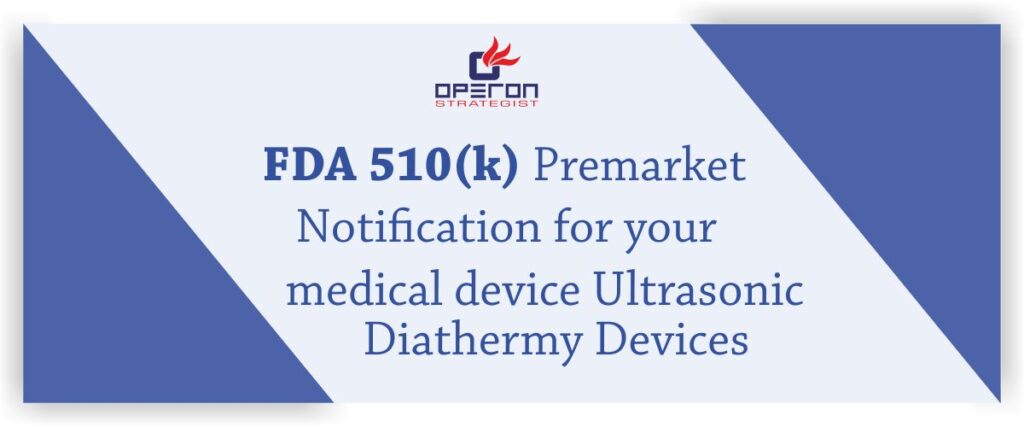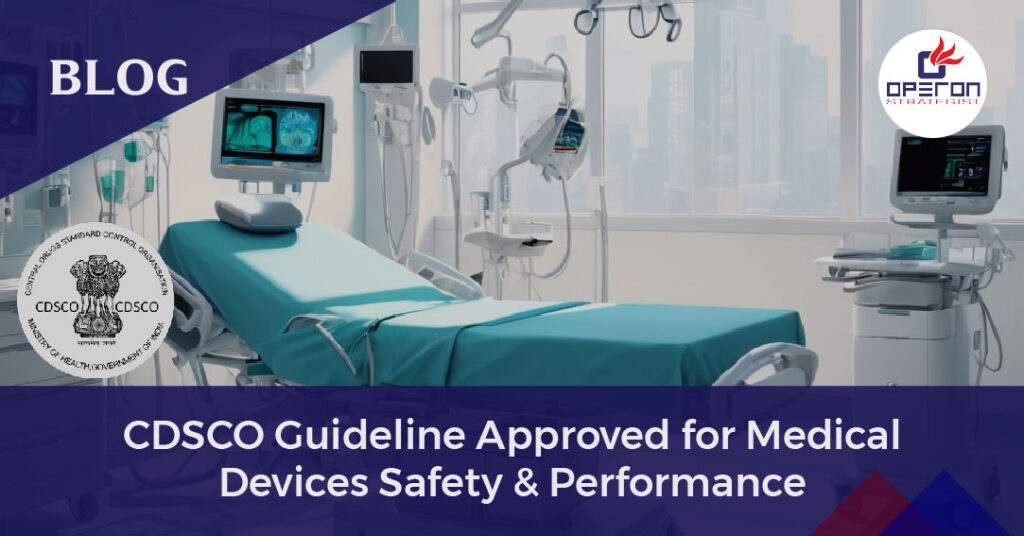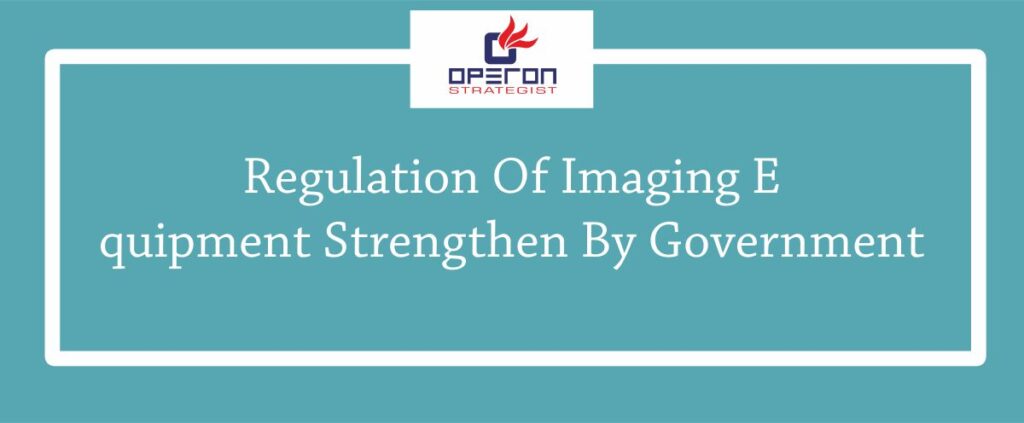GMP Certificate for Medical Devices - An Overview
In the United States, the Food and Drug Administration (FDA) creates regulations that govern the sale of food, drugs, biologics, and medical devices. The FDA mandates manufacturers in these industries to establish and maintain quality systems to ensure that their products meet their customers’ usability and safety requirements. Good Manufacturing practices, or GMPs, are the foundation of quality systems for FDA-regulated products.
Medical device GMP compliance criteria are detailed in the Code of Federal Regulations (CFR), most notably in the FDA Quality System Regulations of 21 CFR Part 820. This section mandates quality procedures such as design controls, the CAPA process, quality assurance and quality control activities, document controls, and more in medical device firms.
Looking for GMP Certificate for Medical Devices?
Let’s have word about your next project
A Guide to GMP Compliance for Medical Devices
GMP compliance activities will be centered on the FDA quality system rules stated in 21 CFR Part 820, even for medical device businesses that qualify for the exemptions described in 21 CFR Parts 808 and 812. Medical device firms must create and maintain a quality management system that is appropriate for their device and meets GMP compliance criteria. The following are the requirements for a quality system:
- Design Controls – It is the responsibility of medical device makers to create and maintain procedural control over the design of their products in order to verify that specified design requirements are met. Design and development planning, design inputs and outputs, design review, design verification and validation, design transfer, design revisions, and the creation of a design history file are all part of the Design controls process.
- Document Controls – Medical device manufacturers have to maintain control over papers produced in order to meet GMP compliance criteria. Documentation inside the quality system must be approved by the designated person, as must any changes to documents within the quality system. Quality documentation should be provided in all places where it may be used or required, and obsolete documents should be deleted from all points of use.
- Production and Process Controls – Manufacturers have to develop, control, and monitor their manufacturing processes to ensure that their products match the specifications. Quality assurance is the technique of proactively preventing manufacturing problems through process monitoring.
There are 15 Subparts of 21 CFR Part 820 in all, with additional regulations requiring preventative and corrective measures (CAPAs), device acceptance activities, supplier controls, and more. Only medical device businesses that meet all GMP compliance criteria are permitted to market their products in the United States.
GMP Certificate for Medical Devices
A third-party organization will provide a GMP Certificate following an inspection of the plant in accordance with a protocol. Government organizations and certification bodies can issue it. GMP Certification supports your organization in ensuring regulatory compliance while showcasing your knowledge and commitment to producing safe, high-quality healthcare products for the public.
GMP Certificate Standards and Guidance
GMP Certificate is a component of a company’s quality system that covers the production and testing of active pharmaceutical components, diagnostics, foods, cosmetics, pharmaceutical goods, and medical devices until they reach the point of use.
GMP Certificate standards and recommendations specify the requirements for proper manufacturing process and facility design, monitoring, and control.
Adherence to cGMP regulations ensures that the manufacturers’ specifications are met by establishing strong quality management systems, obtaining appropriate quality raw materials, establishing robust operating procedures, detecting and investigating product quality deviations, and maintaining reliable testing and outsourcing controls in a clean and dedicated environment.
Top 5 Benefits of GMP Certification
- Maintains hygiene and cleanliness standards throughout the manufacturing and logistics chains.
- Documents (e.g., manuals, procedures, standard operating procedures, operational controls, risk assessments, regulatory compliances, etc.) and records for evidence are examples of good documentation practices.
- Establishes personnel competence (including technical competence).
- Implementing and certifying GMP or cGMP can provide a facility/company/organization with the following benefits, among others: Establishes that the organization is adhering to WHO or FDA guidelines, as well as local nationalized standards and guidelines.
- Design and operation of Medical Devices, IVD goods/items, Medicines/Drugs/pharmaceuticals, active pharmaceutical components, Diagnostics products/items, and Food items, including management of processes and products.
Requirements of GMP Certification
- Facility and Equipment
- Quality Control and Testing
- Personnel Training and Qualification
- Supplier Control
- Regulatory Compliance
Elevate Your Medical Device Quality With Expert GMP Certification Support
Operon Strategist has substantial experience in regulatory areas required for Quality Management System certification implementation of medical devices, also completely assist you with FDA 21 CFR Part 820 Quality System Regulations for your medical device as per US FDA norms. Contact us for more details or WhatsApp or Call at +91 9370283428
FAQs
What is the GMP certification?
Good Manufacturing Practice (GMP) certification is a voluntary scheme offered to local manufacturers of the following products, interested to be certified for conformity with relevant GMP standards by us: Therapeutic products.
What is ISO vs GMP certificate?
GMP is a product quality standard, with a focus on getting the right quality product to the only customer of GMP – the patient. ISO 9001 on the other hand is more about running a whole business, a goal of which will be getting product of the right quality – but other aims are important too.
Is GMP certification mandatory?
While food or dietary supplement packaging manufacturers are not required to be GMP certified under federal law, individual clients may require certification.




